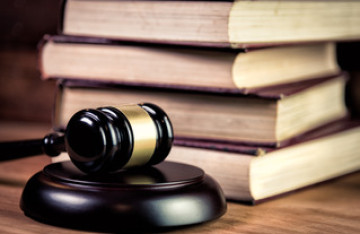
The best specialists services
Greetings 👋
My name is Alexander, I am your personal manager. Let me help you!

Categories
Available services on the service
-
Intellectual property


-
Notary services


-
Services/Accounting consulting


-
Translation services (Ukrainian - Polish - English - Russian)


-
Social benefits


-
Education in Poland


-
Insurance and social benefits


-
Legal residence in Poland


-
Reimbursement and compensation


-
Real estate


-
Inheritance


-
Criminal law


-
Consulting/Tax services


-
Automobile


-
Legal employment in Poland


-
Investments and Grants


-
Family law


-
Other


-
Business


-
Migration



Reviews
From Real Users

receive a service
In the CONSULTANT mobile app
As a Client, you are freed from all financial risks when collaborating with Contractors, as the payment amount is reserved by our service and is paid to the Contractor only after receiving confirmation from you about the completion of the stage.
If the service is not provided, the funds are returned to you. The service takes on all financial risks and acts as a guarantor and custodian of funds, and in case of disputes between the parties, acts as an independent Arbitrator.
Your money is in safe hands!
Top 10
PRO consultants
We verify each specialist who signs up for our service and ensure the high quality of our services.
CONSULTANT - is a clear and largest ranking of lawyers and attorneys
so that everyone can choose the best specialist in the right place and at the right time.
The rating of lawyers is formed on the basis of positively completed orders, your feedback, ratings
and comments. The rating cannot be bought: it is formed exclusively by users. TTherefore, if you
need services, advice or preparation of documents from the best lawyers and attorneys
- you can confidently trust our specialists!

























